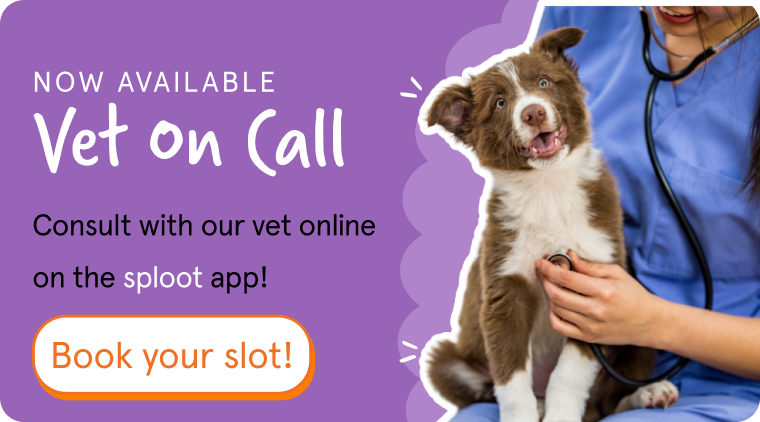Why does my dog drool so much?

Drooling in dogs can be both a normal behavior and a sign of health issues. Understanding why dogs drool, especially excessively, is essential for pet owners to ensure their canine companions' health and well-being. This guide delves into the reasons behind dog drooling, differentiating between typical drooling patterns and signs of potential health problems.
Normal Dog Drooling
Dogs naturally drool to some extent, with variations among breeds. German Shepherd puppies or GSD puppies, for example, might drool less compared to breeds with looser lips, such as Bloodhounds or Saint Bernards. Normal drooling can increase when dogs see food, known as anticipatory or psychogenic drooling, illustrating a natural response to hunger or the desire to eat.
Excessive Drooling in Dogs: An Overview
When a dog is drooling excessively, it steps beyond normal behavior and might indicate health issues. Excessive drooling in dogs can stem from dental problems, heatstroke, or more severe internal conditions.
Causes of Excessive Drooling
Several factors can lead to a dog drooling a lot. These include:
- Oral and dental issues like gum disease, tooth decay, or foreign objects stuck in the mouth.
- Medical conditions such as nausea, throat infections, or more severe issues like neurological disorders or systemic diseases.
Recognizing the Emergency Signs
Is excessive drooling in dogs an emergency? It can be, particularly if the drooling is sudden, profuse, and accompanied by other symptoms like vomiting, pawing at the mouth, or signs of pain. Immediate veterinary attention is necessary to address potential emergencies like poisoning or gastrointestinal blockages.

Symptom Analysis
When a dog is drooling more than usual or drooling thick saliva, it’s crucial to observe accompanying symptoms. These might include changes in eating habits, signs of nausea, or behavioral changes, which can help pinpoint the underlying cause.
Veterinary Diagnosis and Treatment
Diagnosing the cause of excessive drooling involves a thorough veterinary examination, possibly including blood tests, imaging, and oral examination under anesthesia. Treatment varies based on the diagnosis and might range from simple dental cleaning to more complex medical or surgical interventions.

Home Care for Drooling Dogs
For non-severe cases, managing a dog's excessive drooling at home involves ensuring they stay hydrated, monitoring their behavior, and providing a stress-free environment. Regular oral hygiene practices can prevent many causes of drooling.
When to Seek Veterinary Care
Knowing what to do if your dog is drooling excessively is crucial. Persistent or severe drooling, especially with other symptoms like lethargy or refusal to eat, requires prompt veterinary evaluation to rule out serious health issues.
Breed-Specific Drooling Considerations
Some dog breeds naturally drool more than others. Owners of breeds known for heavy drooling should be familiar with their pet's normal drooling patterns to recognize when drooling becomes excessive and concerning.

Understanding and Managing Drooling
Understanding why dogs drool excessively and recognizing the signs of abnormal drooling are vital for maintaining canine health. Regular veterinary check-ups, good oral hygiene, and attentive care can manage or prevent excessive drooling in most dogs.
In conclusion, while drooling is a common canine behavior, excessive drooling warrants attention and care. By staying observant to the changes in drooling patterns and being proactive in seeking veterinary care, dog owners can ensure their pets remain healthy and comfortable.

